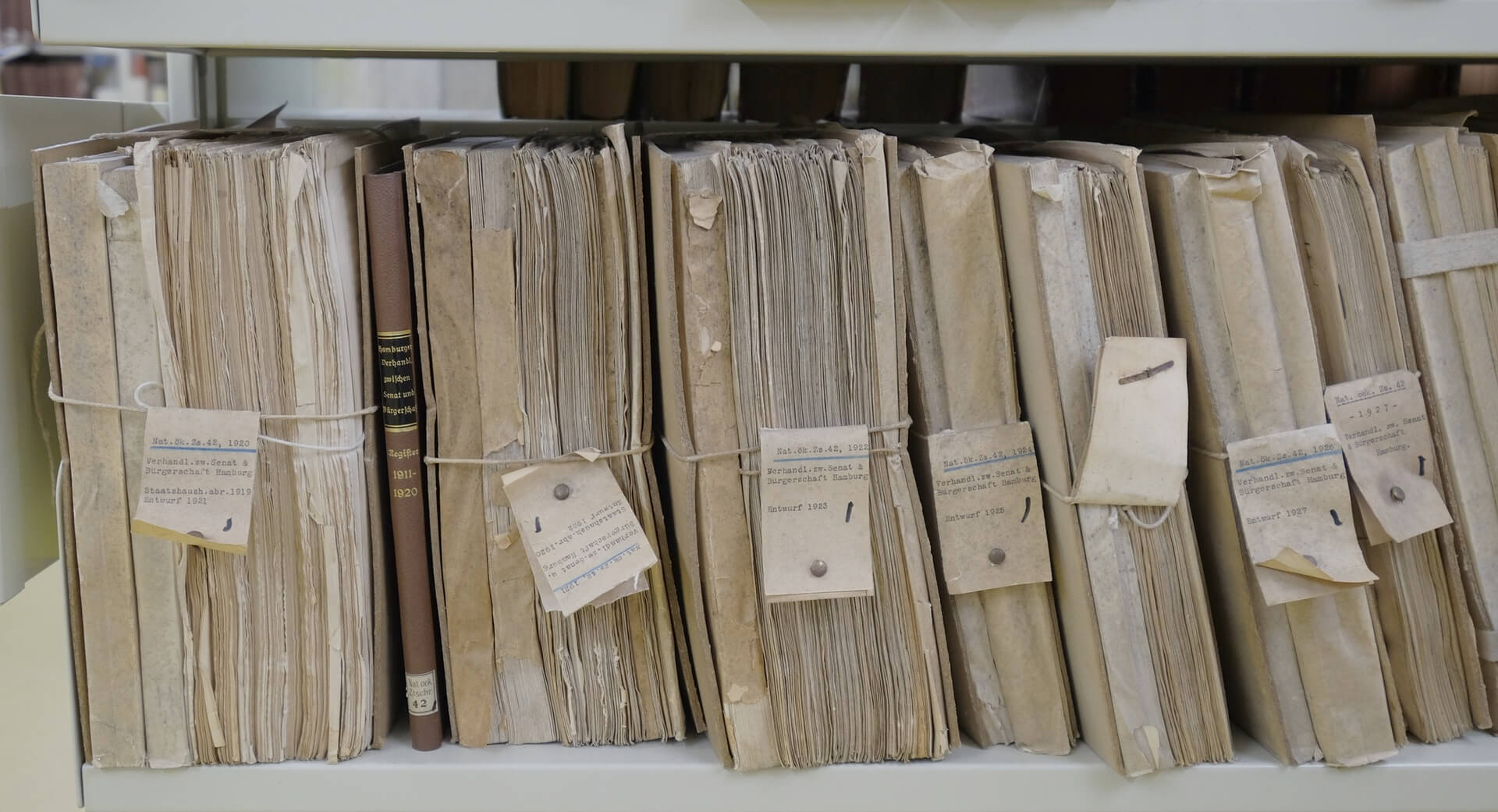Earlier this month, we published a blog that focused on the role language plays in scientific research. Specifically, we looked at the results of a study that suggested a lack of scientific, multilingual publications was a serious threat to the dissemination of ideas.
Based on a sample of 75,513 biodiversity conservation articles, the study showed that the overwhelming majority of these papers were published only in English. The results suggest a huge barrier in what research is shared across borders and countries, and what impact that has on biodiversity and health.
ULG Quality Systems Lead John Lansdown is a published scientist with a background in geochemistry. He has had articles published in Global Biogeochemical Cycles, The Journal of Geophysical Research and Geochimica et Cosmochimica Acta, among others.
Given John’s expertise on the subject, we decided to sit down with him to get his take on the study’s results. Here’s what he had to say on the issue.
What were your thoughts after seeing the study’s results?
It was interesting and alarming to see the major discrepancy between the language distribution for scientific publications vs. the global population.
Did you experience any difficulty finding research in more than one language when writing articles?
I received English translations of some articles published by Russian scientists that are referenced in my dissertation. Some of the translations were not the greatest, but because the information I needed was primarily displayed as numbers (say, g CH4/m2/d), that was universal and didn’t need translation. Math, the universal language. This is not the same for all sciences. For example, language plays a more important role in biology and medicine.
What do you think these findings tell us about the availability of scientific information? Is this something we should be concerned about?
One thing is that we could be needlessly repeating research that has already been completed in another country and in another language. Another issue mentioned in the piece is health/disease-related articles that the CDC (Centers for Disease Control and Prevention) is unaware of because of the language barrier. I have gone to international scientific meetings (e.g. The International Symposium on Environmental Biogeochemistry) where English was the meeting language. I have met with scientists from Poland, Russia, Spain, France, and Switzerland. Language was never a barrier.
Were you required to take any language competency tests as part of your education/training in the sciences?
A language competency test (French, German, or Russian) was a requirement for a B.S. in Chemistry from Syracuse University.
What do you think should be done to remedy the problem of a lack of multilingual content?
I believe you should translate abstracts and then provide a service to translate the entire article upon request. A scientific Machine Translation (MT) might do an OK job on the abstracts.
Editor’s Note: John Lansdown has a B.S. in Chemistry from Utica College of Syracuse University and a Ph.D. in Oceanography from the University of Washington. John started at Merrill Brink as quality systems lead in January of 2016 before transitioning to ULG last June.

